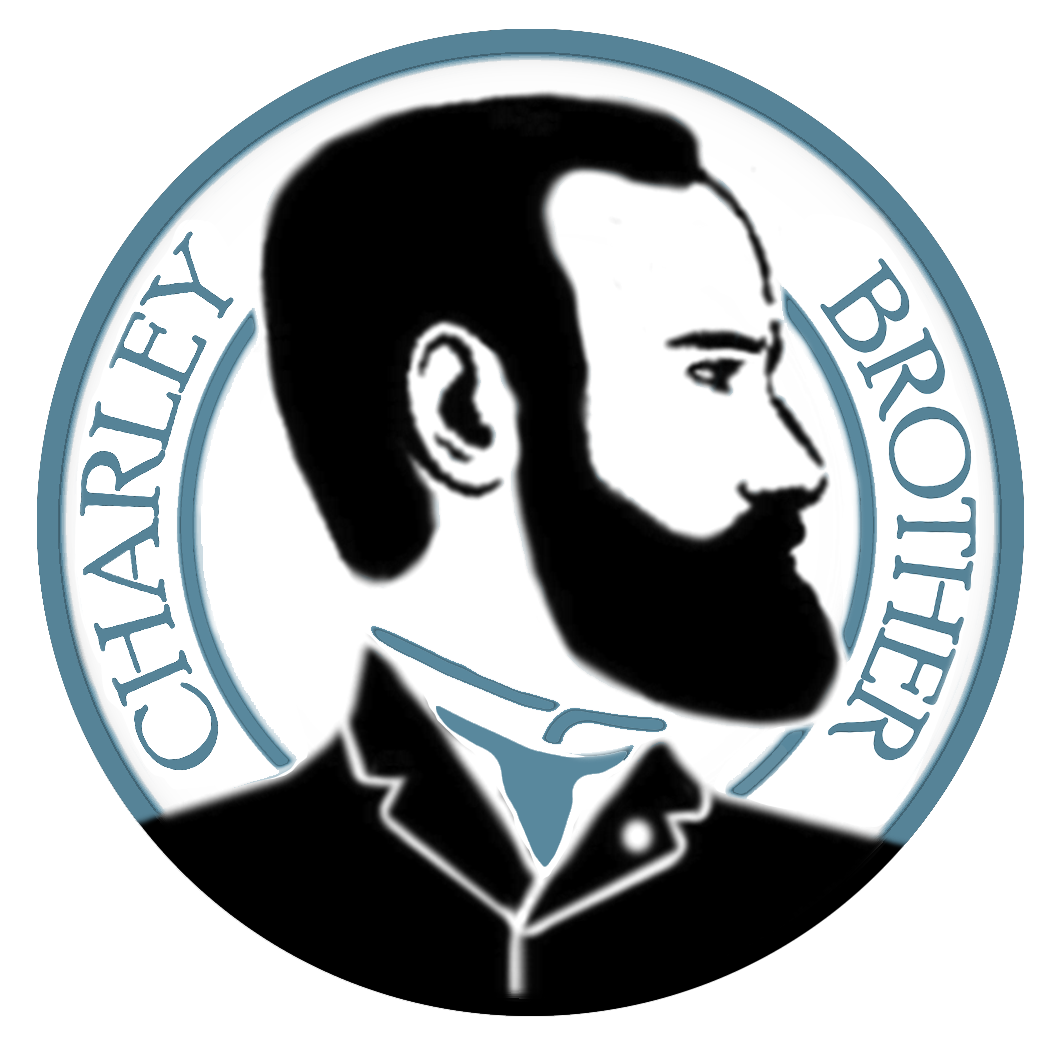The same day that Helen Fowler Finch was born, on September 5, 1837, Mary Ann Brother, the mother of Civil War Marine Charles Brother, rushed to the side of her best friend.
Too ambitious from the start, Mary Ann waddled over but felt a cramp in her own womb: her sixth child on the way, but not due for two months.
Despite the strange, deep turning under her left breast, she ran to help Polly Metcalf Finch, Helen’s mother.
When she arrived at the old tavern, winded and heavy-set, she walked into the abandoned kitchen, she turned her spine inward for another tug and reached for a chair. Something was wrong. Nose running, she reached for her tissue to create order. A whopping screech from the upstairs did not motivate her and she remained in her place with that chair.
She heard the matriarch of the neighborhood, Mrs. Metcalf, giving instructions in such a calm and low manner that there seemed no alarm, unlike the theater in her own belly, where she placed her hand, listening harder now with eyes closed.
She looked up at the ceiling, begging the snot to run down her throat instead her lips.
Up there, her eyes gripped onto the pewter pitchers and relics on the cabinets and from childhood, those good old days with plenty of servants and help. She thought of her mother, Rebecca, the day when she died after giving birth to her brother, Ira, Jr., and her death bed insistence that he would not attend the common schools.
How satisfying to know that her brother was taught by Polly’s husband, Ralph Finch, in the Bath Classical School. That would have pleased Rebecca, how things fell into place, nicely arranged on a shelf. She was 14 or 15 years old then and lived with the Metcalfs for a bit in order to let the passing of her mother pass over her like a patch of stubborn overcast hash-mark days.
Rebecca Turner liked the finer things, just like her daughter, also named Rebecca, who desired to make the table settings accurately measured. The pitchers, trays, and silverware in the cabinets, the elaborate woodwork of the trim on the cupboards. But not to be here when Mary Ann needed her.
Mary Ann heard the newborn’s hysterics and tears of joy from Polly and the older women, who assured Polly that she did very well, to produce a blonde of all things. But Mary Ann still did not climb the stairs. Instead, she picked up spoiled dishes and stacked them for washing, keeping an eye on the chair, which had become a comrade now.
She found some pork, cut up potatoes, and prepared a meal for the nurses who were able to get there first. She could only do so much, just as her own mother could only go so far before surrendering, naturally, to that pulling on her end, and wait for it to pass.

